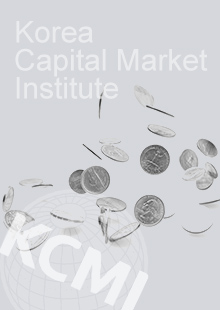Find out more about our latest publications

[06-03] Population Aging and Capital Markets in Korea
Research Papers 06-03 Jul. 28, 2006
- Research Topic Capital MarketsAsset Management/Pension
- No other publications.
- No other publications.
In most developed countries, the proportion of elderly people in the population has increased dramatically and is expected to increase even further in the future. Korea is also facing a quickly aging population.
Many studies have argued that population aging has a significant impact on capital markets through various channels. In particular, there is a claim that aggregate demand for stocks may sharply decline as baby boomers retire because investors' risk aversion will damper the preference for risky assets such as stocks. This paper investigates the effects of population aging on the stock holdings of Korean households.
The main results of this analysis are summarized as follows: An empirical analysis using household survey data shows that stock holdings of elderly households are less than that of middle aged households. It was also found that households within a given age group but with either higher education or greater financial wealth tended to have more stocks. These results imply that aggregate household demand for stocks may not decline sharply in the future as long as household characteristics other than age change in favor of stock holdings. For instance, if the overall level of education and financial wealth rises in the future, the negative effects of population aging on stock holdings may be mitigated.
